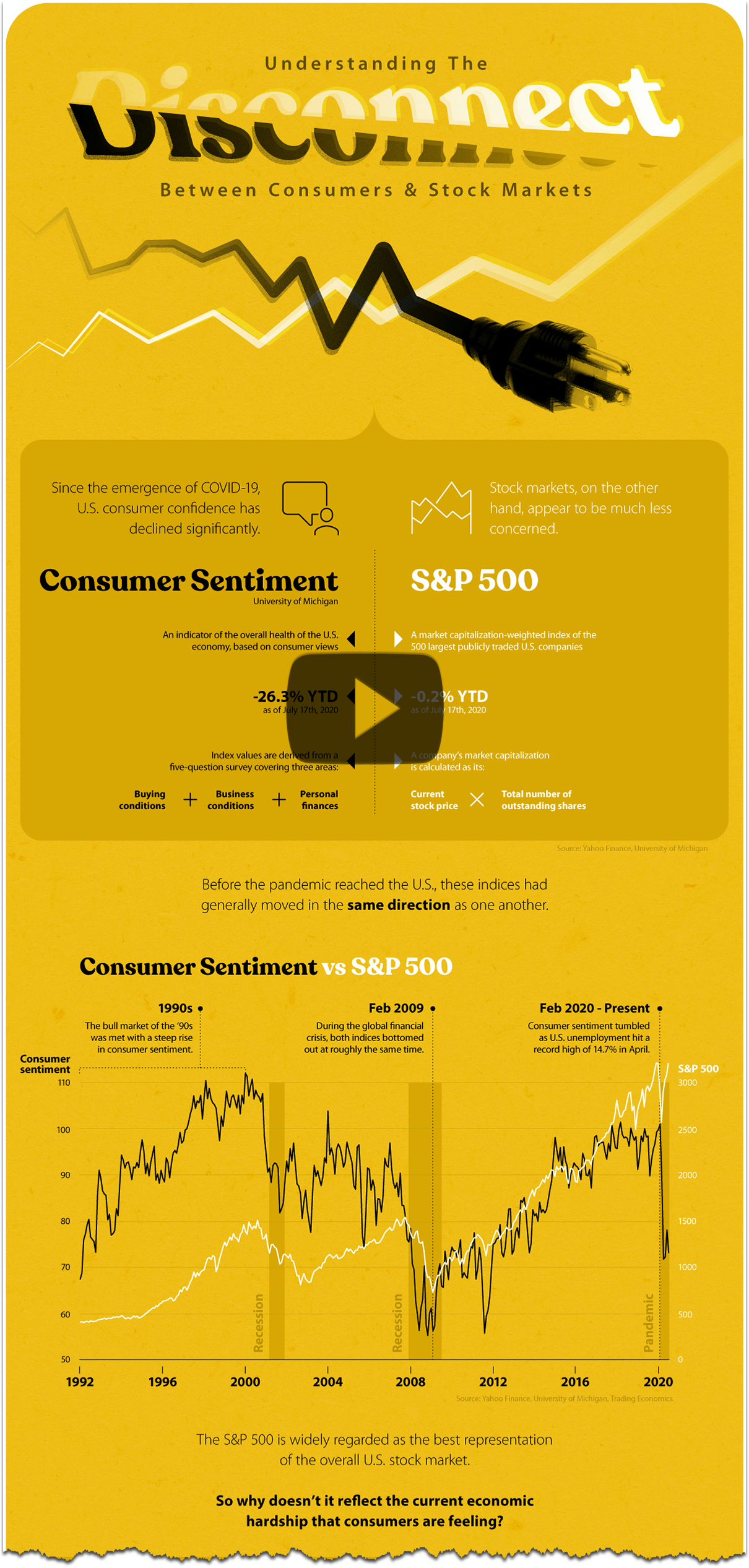To some, new technology is a good thing. To others, less is more.
Most people simply "tolerate" technology transitions, some people drive them, and others crave them and use them as a catalyst for growth or strategic advantage.
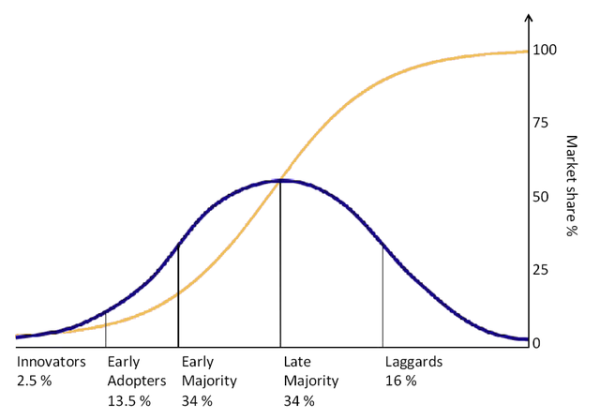
In the image, above, the blue line represents consumer adoption (taken from Geoffrey Moore's "Crossing the Chasm", while the yellow line represents market share.
As you can see, only 2.5% of the population drive innovation (or adopt it early enough to help drive the Alpha & Beta versions of emerging technologies). 13.5% make up the Early adopters, who help get it ready for the mainstream. Then the early and late majorities are the groups that ultimately consume (or use) the mature product. Meanwhile, Laggards are often forced kicking and screaming into “new” technologies as the early adopters are well on their way to subsequent iterations.
Even if you are not an innovator, here are a few Innovator Mindsets that I find useful.
- You Believe There’s A Better Way
- Wherever you are, you know that there is a best next step and you are eager to find it and take it.
- You recognize that the opportunity for more (or better) often lies just beyond the constraints or problems of the current way.
- The bigger future fuels your efforts. When initial excitement fades, understanding what the bigger future can bring helps you power through.
- You Are Comfortable Being Uncomfortable
- You understand that Pioneers sometimes take arrows in the back.
- When creating a new reality, you expect some resistance as a result of the law of averages. Escaping the status quo takes a lot of momentum, but it’s worth it.
- You recognize when victory is near. In a quirk of human nature, too many people quit just before they would have won. Don’t make that mistake.
- You Know Where You're Going, Even If You Are Not Sure How You're Going To Get There
- Your goal should be your North Star. A clear direction is important to ensure that activity leads to progress.
- Measure progress and momentum rather than the distance from your goal.
- It is easier to course-correct while in motion.
- If you’re too committed to a path that isn’t leading in the right direction, you might find what Blockbuster, RadioShack, and Kodak found.
- You Are Married To Questions (Not Necessarily Answers)
- Everything works until it doesn’t; and nothing works forever.
- It’s easy to find an answer and think it’s the right one, but there’s always a best next step or a better way.
- Figure out what you want and how to get it. This is much more empowering than focusing on what you don’t want or why you can’t get it.
- Ask questions that focus on opportunities or possibilities rather than challenges or what you want to avoid.
- Energy flows where focus goes.
- Commit to finding a way!
I plan on sharing more Innovator Mindsets. Let me know what you think.

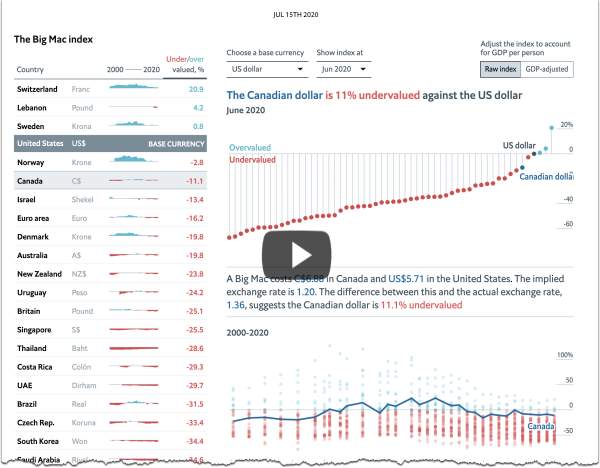
 via
via 

 via
via  via
via 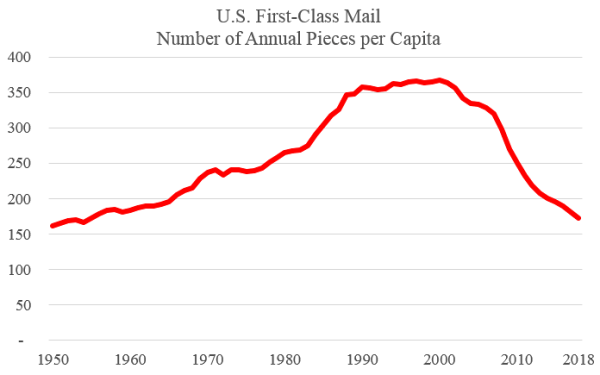 via
via 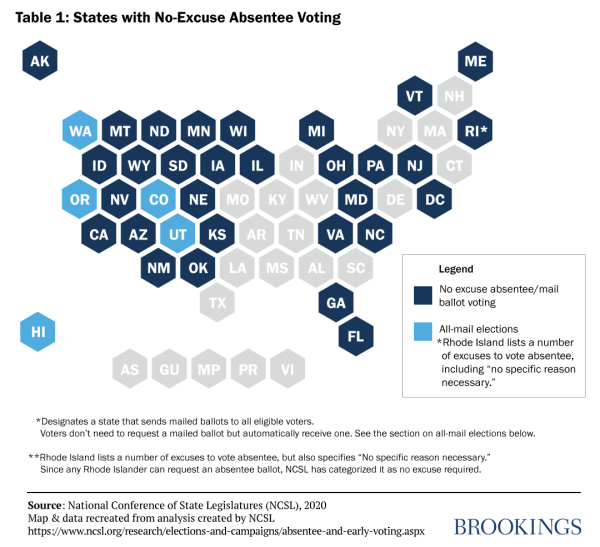 via
via 
